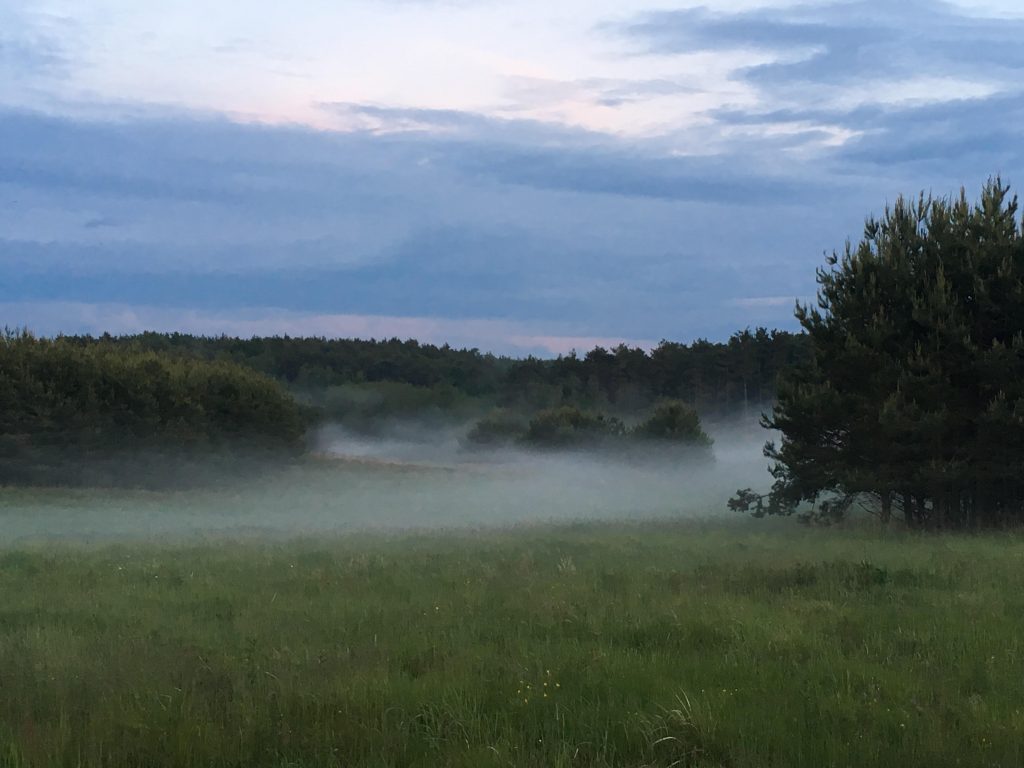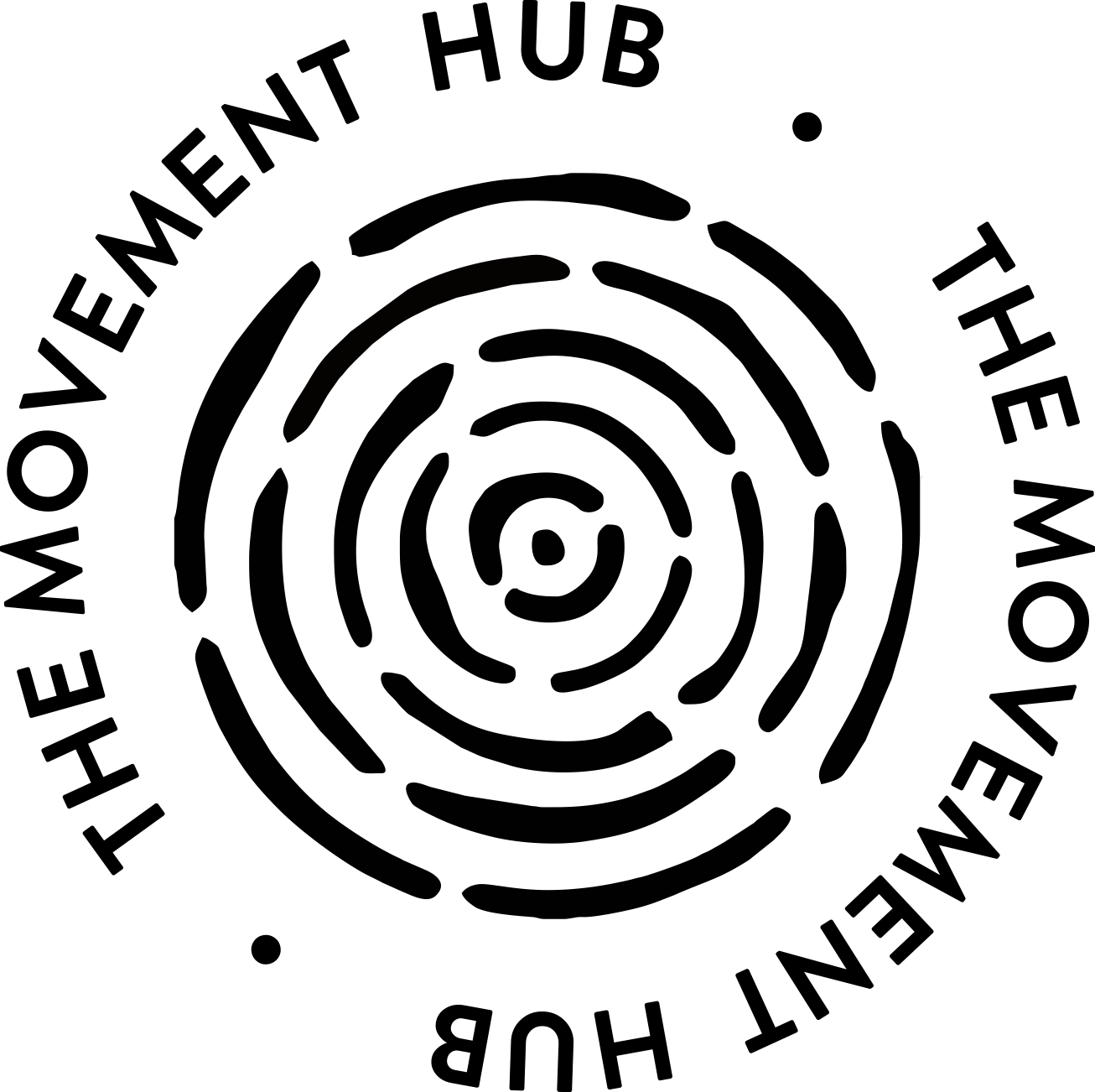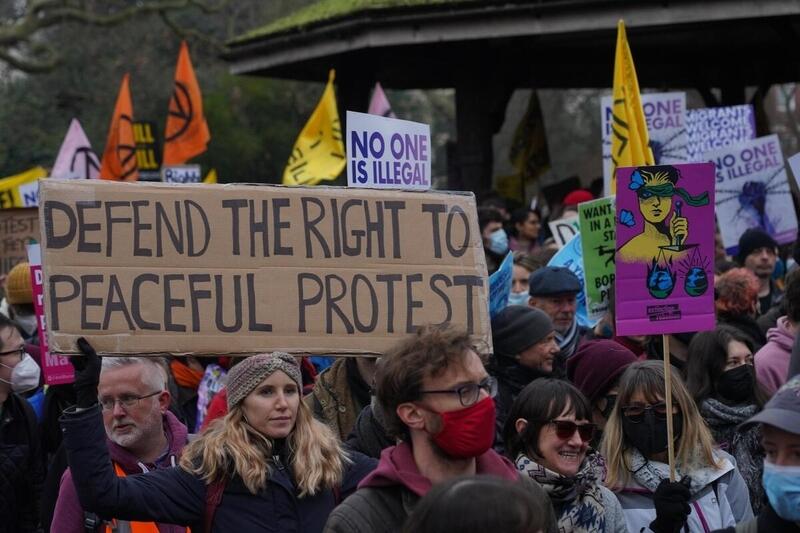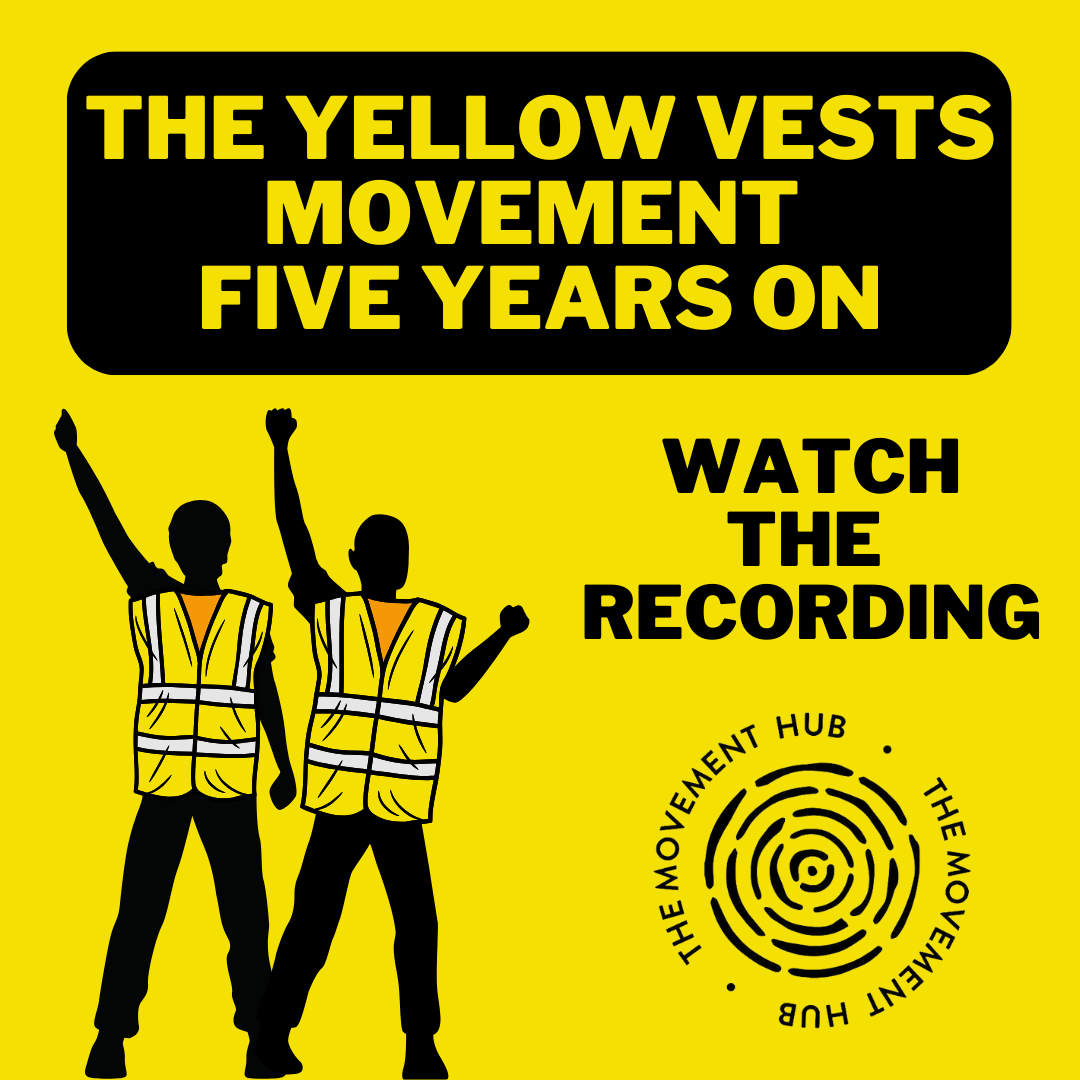Over 2021 Hungarian climate justice activists and community members stopped fossil fuel drilling in their national park. Read about how they organised to keep fossil fuels in the ground.

In January 2021, the Hungarian oil and gas company MOLGroup confirmed plans to drill for fossil fuels in Őrség National Park, a protected area under the European Union’s Natura 2000 network. Since its announcement, the proposed project has been vehemently opposed by a campaign bringing together residents of the area with global environmental groups. Following months of petitions, protests, and media attention, MOLGroup has withdrawn their plans for the fossil fuel drill.
On 18 August 2021, the Department of Environmental and Nature Protection for the Vas County Government Office confirmed the termination of MOLGroup’s planned drill in Őrség, located in Western Hungary. Having already postponed construction plans in order to ‘consult’ with residents and authorities earlier this year, the oil and gas company has now permanently ceased its development. A statement from MOLGroup following the decision reads: ‘MOL postpones indefinitely the preparation of the planned exploration well near Őriszentpéter’. The statement continues: ‘We are conducting research activities in many parts of the country at the same time to supply the purest possible energy from the Hungarian population to the needs of the Hungarian population’.
The decision follows months of widespread organised action and high-profile protests against the plans to drill in the Park. Concerns have centred on the potential environmental damage that could result from the drill’s construction, as well as noise disturbance for residents of the area. On 15 April 2021, Greenpeace Hungary activists attended MOLGroup’s annual general meeting, where they handed over a joint statement signed by more than 100 NGOs demanding a withdrawal of the plans for the hydrocarbon drill.
Making 35,000 friends and allies
While it gained the support of global organisations, the campaign against MOLGroup’s intentions sprang out of grassroots community action. Peter Farnadi, a local resident of the area, started a petition to protect the area soon after plans for the drilling were announced. ‘I was directly affected by the MOL’s plan as my house is not far from the place they were about to drill’, he says. ‘I never thought I would be an activist. Life brought this duty to me’. Having a personal connection to the area, Peter says he took steps towards creating the online petition ‘the very moment I noticed MOL’s plan’. ‘I felt I had all the skills and abilities to fight back, I had the media and civil connections to find allies to the fight. I had the time, I had the desperation, and I had a plan’.
Having reached out to the media, Peter recalls that ‘within a few days the case had national recognition and a lot of people found me, offering their help’. The petition itself, which garnered the support of over 35,000 people, asked the Vas County Government Office to ‘please reject the permit’ ‘on behalf of the residents of Őriszentpéter and other Őrség villages and the tourists visiting Őrség who want to relax’. The petition states that the planned drill would ‘seriously endanger the tranquillity of the people living here and visitors, the landscape, the natural environment and the protected wildlife’, calling for support to protect the National Park against ‘irreversible damage to the natural environment’.
Building a case against MOLGroup’s investment in the protected area required Peter and his fellow activists to cast the net wide in search of support and raise awareness of the potential consequences the construction of the drill could have on their local environment. ‘We formed an operative team of locals, activist and experts’, Peter states. ‘We tried to reach everyone from whom we could expect help’. Together they contacted local and national politicians, licensing authorities, national and international NGOs, and even produced a local newspaper to inform residents about MOLGroup’s project and the campaign against it. As a result of their collective efforts, the case rapidly gained global media recognition and, crucially, the attention of the Vas County Government Office.

Looking ahead
While, as of 18 August, MOLGroup have abandoned their plans to drill in this area of Őrség National Park, there has been no guarantee that future, similar, projects will not emerge. In response to the August decision, a MOLGroup spokesperson stated that ‘we consider the exploratory drilling planned near Őriszentpéter to be very important for the natural gas supply in Hungary, therefore we will continue to investigate the alternative drilling sites’. Despite the success of this particular campaign, therefore, the cause to protect their National Park against fossil fuel drilling may well be an ongoing struggle for residents of the area and their allies.
In response to the overwhelming support for his petition and its contribution to winning the campaign, Peter emphasises the power of collective activism to enact change: ‘If our voices are heard because we reach so many people, then big companies like MOL have to give up’. He advises other activists seeking to protect their local natural areas to ‘reach as many people as possible, use the media, social media, experts and influencers wisely, and never give up!’





